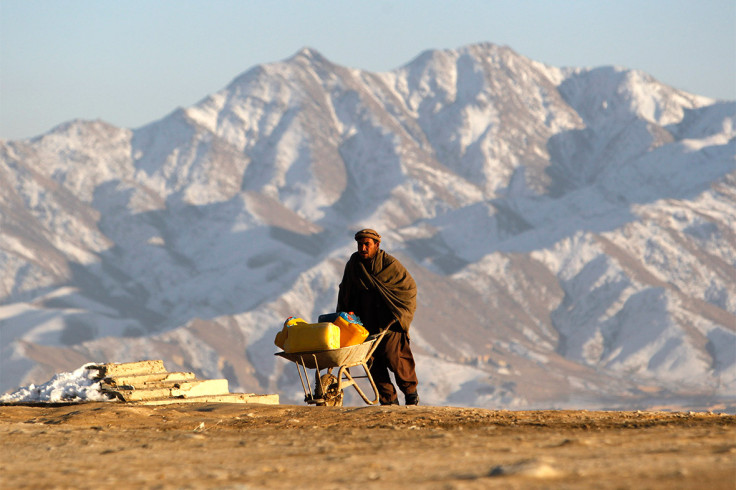Afghanistan Sitting On Mineral Treasures Including Rare Earth Elements

Afghanistan could be sitting on a geological gold mine containing 60 million tons of copper, 2.2 billion tons of iron ore, 1.4 million tons of rare earth elements and tons of aluminium, gold, silver, mercury and lithium, totalling a trillion dollars (more than half a trillion pounds), says a US study based on geological surveys conducted over a decade.
The study is a confirmation of what has been hinted at in the past by the Soviets.
Geological explanations suggest the mineral treasure was deposited in Afghanistan during the violent collision of the Indian subcontinent with Asia.
US airborne missions conducted magnetic, gravity and spectral surveys over Afghanistan. The magnetic surveys looked for iron-bearing minerals up to 6 miles (10 kilometres) below the surface, while the gravity surveys aimed at basins potentially rich in oil and gas. The spectral survey looked at the light signatures unique to each mineral.
More than 70% of the country was mapped in just two months.
"Afghanistan is a country that is very, very rich in mineral resources," Jack Medlin, a geologist and programme manager of the US Geological Survey's Afghanistan project, told Live Science.
"We've identified the potential for at least 24 world-class mineral deposits." The scientists' work was detailed in the 15 August issue of the journal Science.
The mineral riches could lift Afghanistan out of poverty and fight crime and terrorism, said Said Mirzad, co-coordinator of the US Geological Survey's Afghanistan programme.
However, the war-ravaged nation lacks basic infrastructure in terms of roads, water and energy required to develop these mineral resources.
The 1.4 million tons of rare earth elements such as lanthanum, cerium and neodymium alone could make a big difference to the economy of the nation.
At present, China holds 90% of the world's reserves of rare earth elements. These are indispensable components in modern gadgets like mobile phones, cars and computers.
In what is seen as unfair trade practice, China had imposed strict rare earth export quotas in 2010 claiming to check pollution and preserve resources.
A WTO ruling recently went against China. However, experts wonder if the ruling will make any change in China's monopoly stance.
© Copyright IBTimes 2025. All rights reserved.





















